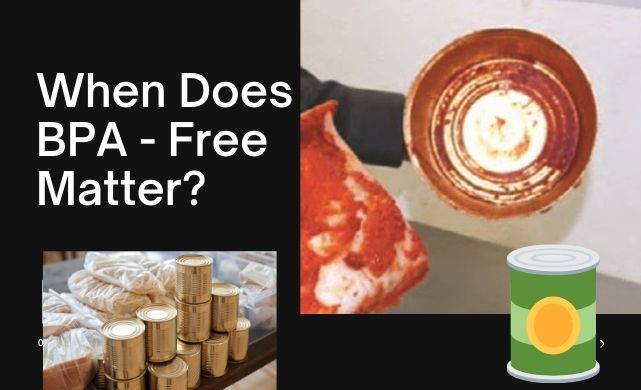When browsing through food containers offered by restaurant supply providers, you'll often come across labels claiming 100% BPA Free or similar statements, which might seem crucial but could actually be less significant than they appear. Let's begin by clarifying what BPA stands for—Bisphenol A is an industrial chemical used since the 1950s to manufacture certain plastics and resins. BPA can typically be found in polycarbonate plastics and epoxy resins. Polycarbonate is commonly used in food and beverage containers such as tumblers, servingware, and water bottles. It also finds its way into various consumer goods. Epoxy resins are frequently applied as coatings inside metal products like food cans, bottle caps, and water supply lines. BPA may also show up in some dental sealants and composites. Research indicates that BPA can seep into food or drinks from containers made with it, raising concerns due to possible health impacts on the brain and prostate gland of fetuses, infants, and children. It can also influence children's behavior. Moreover, some studies suggest a potential connection between BPA exposure and increased blood pressure, type 2 diabetes, and cardiovascular disease. Pregnant women and children are considered most vulnerable to BPA exposure. However, it's worth noting that the U.S. Food and Drug Administration (FDA) has stated that BPA is safe at the low levels found in some foods. The FDA bases this conclusion on extensive research reviews and continues to monitor ongoing studies. For individuals worried about BPA, especially expectant mothers and parents, here are some practical steps you can take: 1. Opt for BPA-free products. Many manufacturers now clearly label their items as BPA Free. For instance, our MyGo Containers™ made of polycarbonate are entirely BPA-free. If a product doesn't specify, check for a recycling code of 3 or 7, as these numbers might indicate the presence of BPA. 2. Avoid heating plastic containers. Never place them in the microwave or dishwasher, as heat can degrade materials over time and cause BPA to leach into food. 3. Limit your use of canned goods. Specifically, avoid canned soups and chilis. 4. Consider alternatives. Glass, porcelain, and stainless steel containers are excellent options for storing food without the BPA lining found in cans.

Keywords: BPA-Free
screw packing machine,hardware packaging machine,hardware parts packing machine
FOSHAN HIGH-TECH MACHINERY EQUIPMENT CO., LTD , https://www.packingweigher.com




